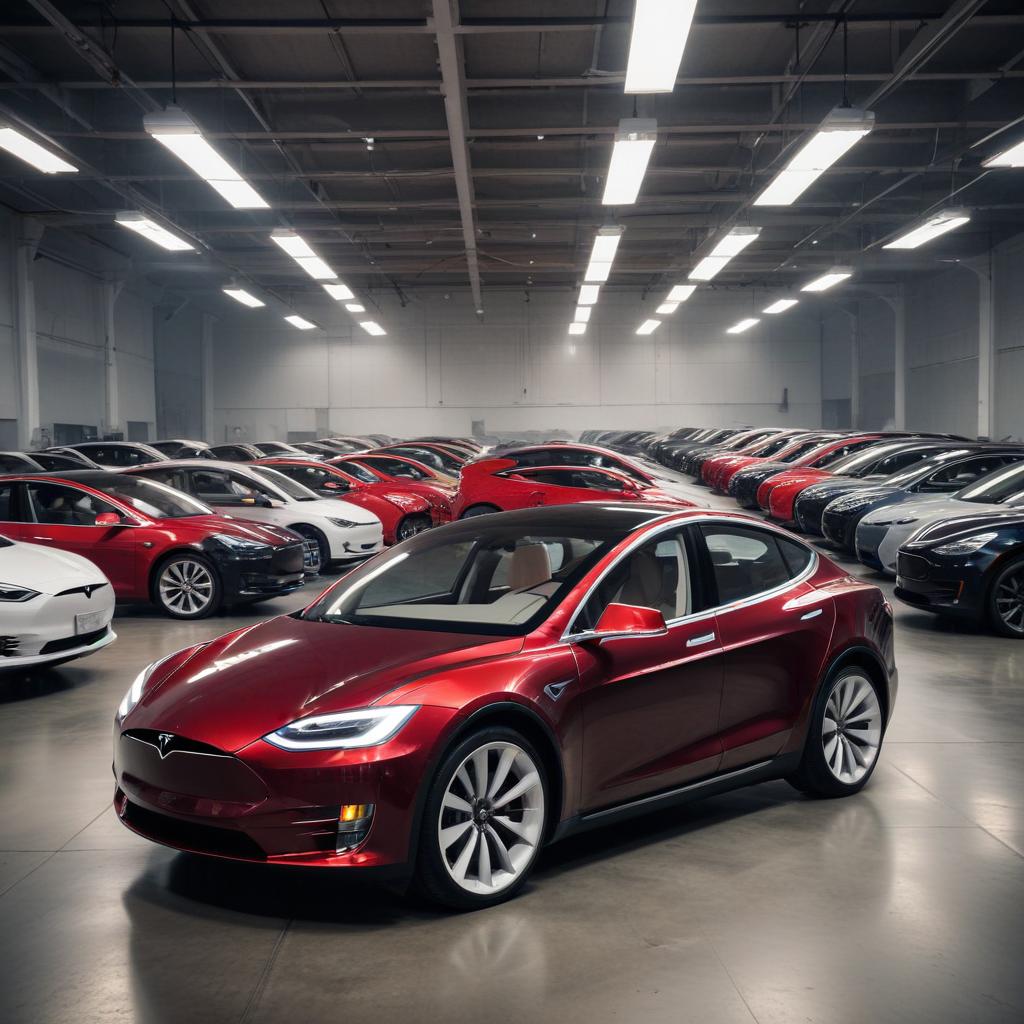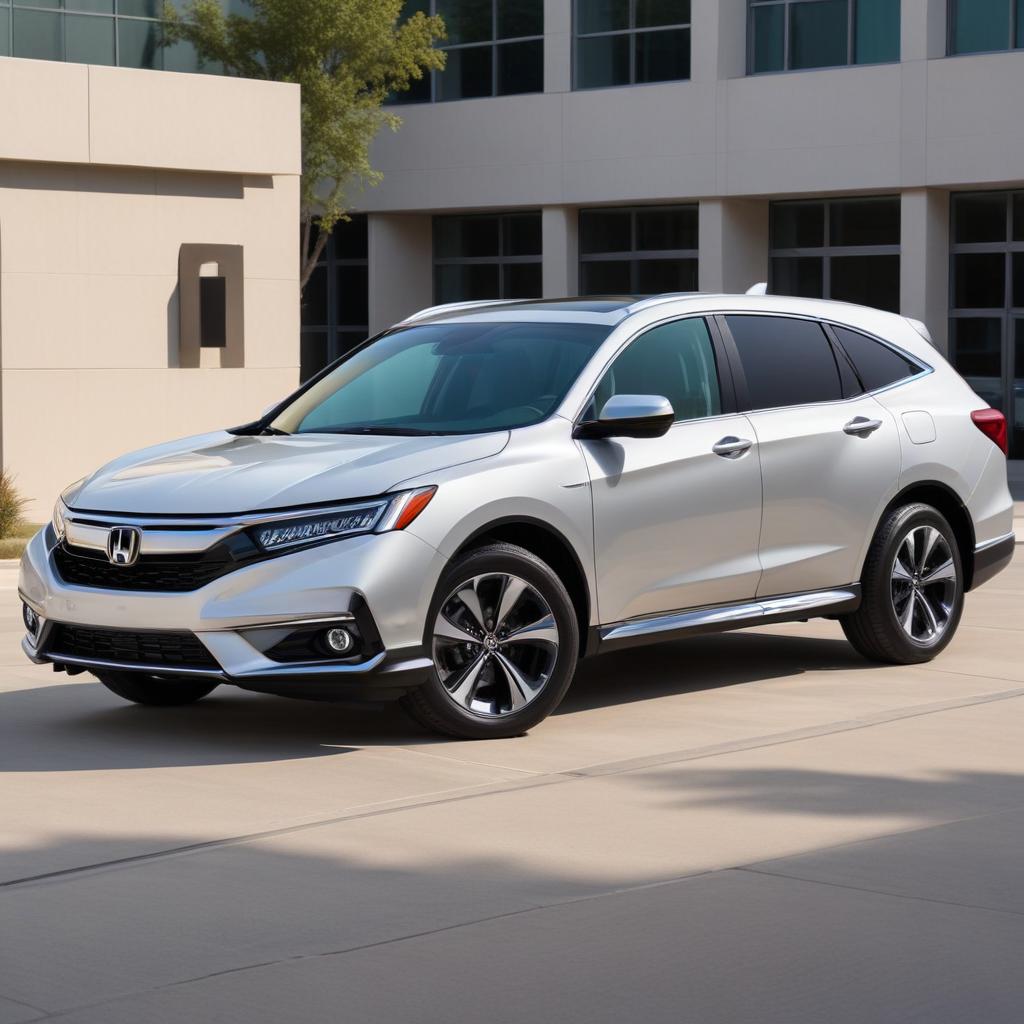
2025-10-02 18:00:53.401 • by
Adam Israel
Tesla reported a 7% increase in Q3 car sales, surprising analysts after a year of declines linked to Elon Musk's controversial political views. However, the jump is largely attributed to an expiring tax credit, and skepticism remains about a true turnaround, especially as rivals saw even greater growth.

2025-06-19 00:00:42.855 • by
Amir Izad
Honda recalls over 250,000 vehicles due to a brake pedal issue that could cause accidents. Check if your car is affected!

2025-05-14 12:00:23.624 • by
Aaron Irving
Tesla's Cybertruck was hyped as an apocalypse-proof vehicle, but is it a futuristic masterpiece or a marketing disaster?

2025-03-27 18:06:52.078 • by
Amir Izad
President Trump's new tariffs on imported cars and parts are about to send car prices soaring. Experts predict increases of thousands of dollars per vehicle, impacting both new and used car markets.









